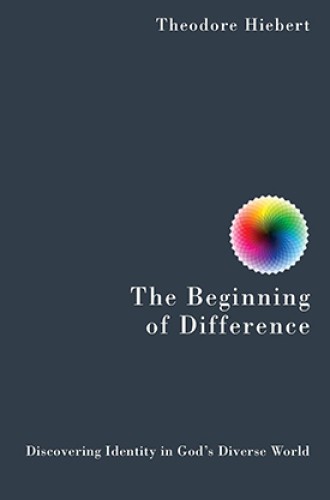In the beginning, God created difference
Theodore Hiebert’s deft reading elicits a fresh awareness of the legitimacy of the other in Genesis.
Theodore Hiebert’s provocative thesis is that the intent of Genesis, in both its early mythic material and its ancestral narratives, is to attest to the reality of diversity and the honoring of difference. The corollary is that much interpretation (including some of mine) has been mistaken in a way that has been pernicious. What Hiebert finds most suspect in these prior readings is the way they characterize Genesis 1–11 as universal history and, in contrast, Genesis 12–50 as a narrative focused in an exclusionary way on Israel.
Hiebert begins his series of fine textual expositions with a reading of Genesis 11:1–9, the Tower of Babel story. He notes that the breaking up of the tower and the multiplication of languages have generally been interpreted as divine punishment. He judges that locating punishment in the story of Babel is rooted in the Book of Jubilees, not in the Genesis text itself. This view, he argues, has led to a continual misreading of the biblical story.
While I don’t think it’s correct to say that there is no divine rejection of a one-language system in the Genesis account of Babel, it is clear that God’s will is a multiplicity of languages—Hiebert’s main point. This interpretation (which was articulated as early as 1994 by Bernhard Anderson, who found in the Babel story that “God’s will for his creation is diversity rather than homogeneity”) has become increasingly common, particularly within feminist and liberation readings of scripture.





